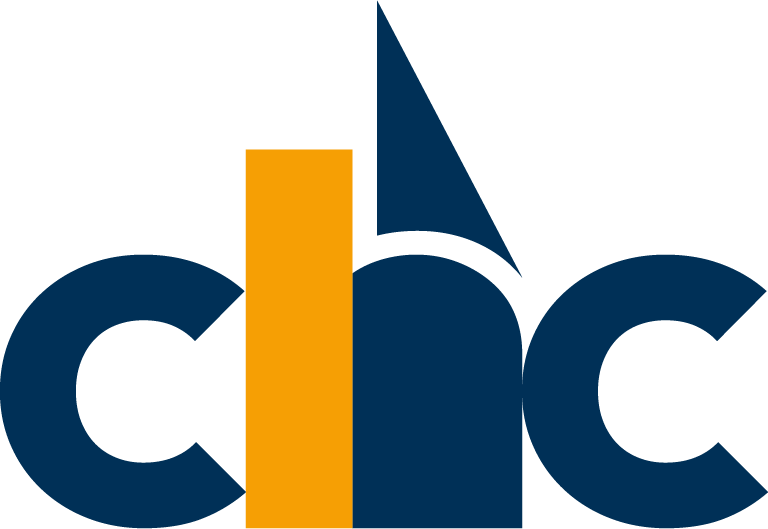The Legislature and Governor released a final trailer bill this week outlining how billions of dollars in this year’s budget for affordable housing can be spent—including $1.75 billion for backlogged affordable housing projects awaiting tax credit allocations and $2.7 billion over the next two years for Project Homekey.
Of particular note: No major new labor provisions have been added to the use of these funds.
A summary of affordable housing funding in this year’s budget can be found below, along with details included in AB 140, the newly released trailer bill. The Legislature’s full summary is available here.
Major new affordable housing funding in the 2021-2022 budget:
- $5.2 billion to cover 100% of past-due rent payments: A combination of state and federal funds will be available to households earning 80% of area median income or below, with extensions of the state’s eviction moratorium through September 30 for all tenants—and through March 2022 for those who apply for rental assistance.
- $1.75 billion for HCD pipeline projects: These resources are intended to accelerate construction of 6,300 shovel-ready projects facing delays in the state’s backlogged tax credit financing system. Allocations may be in the form of a forgivable 0% loan or grant to replace federal or state housing credit equity. The funds come with a 180-day closing requirement with a possible 90-day extension.
- $1.45 billion in FY 2021-22 and $1.3 billion in FY 2022-23 for Project Homekey: HCD will issue a NOFA for the first tranche of funds within 3 months, and funds must be spent within 8 months of the award (with extensions possible). Homekey projects will continue to not be subject to any local discretionary approvals, and the Homekey CEQA exemption (including its “skilled and trained” labor requirement) is extended to July 1, 2024.$1 billion per year for the next 2 years to local governments to help address homelessness
- $500 million in additional state low-income housing tax credits
- $300 million for the preservation of existing affordable homes: The budget creates a new Affordable Housing Preservation Program at HCD, which is authorized to make loans or grants “to rehabilitate, capitalize operating subsidy reserves for, and extend the long-term affordability of department-funded housing projects that have an affordability restriction that has expired, that have an affordability restriction with a remaining term of less than five years, or are otherwise at risk for conversion.”
- $534.1 million for the Infill Infrastructure Grant Program: AB 140 sets aside $90 million in infill funding for small jurisdictions (counties with populations of less than 250,000) and $160 million for large jurisdictions, plus $284.1 million from Prop. 1 funds.
- $50 million for the Joe Serna, Jr. Farmworker Housing Grant Program
- $45 million for the CalHFA Mixed-Income Program
- $50 million for the Golden State Acquisition Fund
- $45 million to develop state excess sites with affordable housing: The budget expands the state’s existing excess sites program to allow homeownership and commercial uses, but continues to require a minimum 20% low-income affordability requirement, with additional flexibility for deeper income targeting and higher affordability thresholds. The budget also creates a $30 million Excess Site Local Government Matching Grant Program to award grants “for predevelopment and development costs to accelerate housing production on excess state-owned properties and to match local government contributions for predevelopment and development costs for selected developers.” To qualify, developments must pay prevailing wages, and there is a $10 million limit per development.

